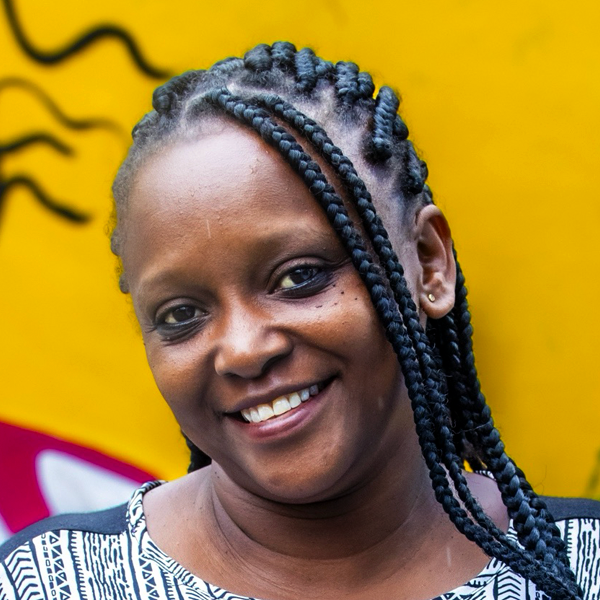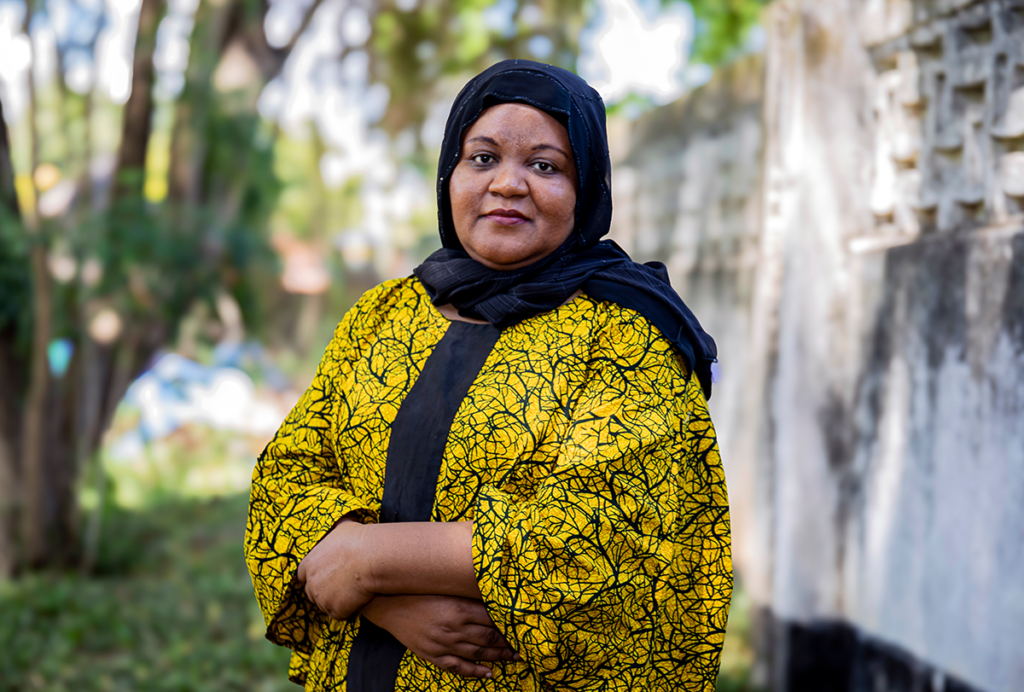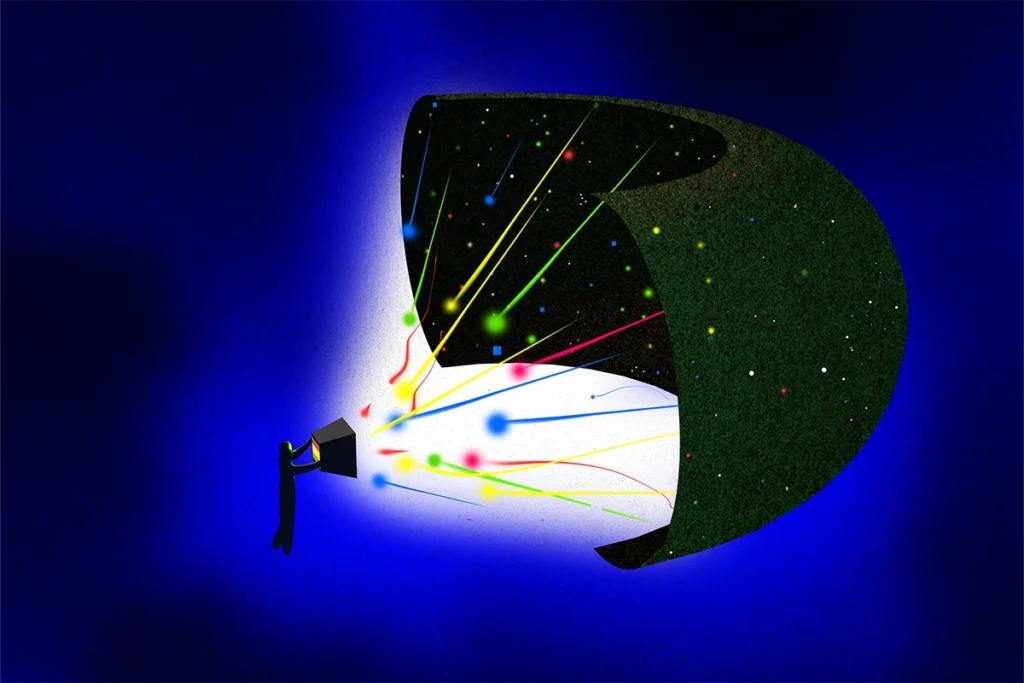Ruth Kadide Keah is a multi-award-winning journalist with more than a decade of experience in science journalism. She holds a B.A. in mass media and communication from Mount Kenya University. She has authored impactful and award-winning radio feature stories, which earned her the Radio Journalist of the Year Award in 2021 from the Media Council of Kenya. She previously served as a news editor at Radio Rahma Mombasa and is currently a news editor at Gilitics Media. She is based in Mombasa, Kenya.

Ruth Kadide Keah
Science writer
From this contributor
Amina Abubakar translates autism research and care for Kenya
First an educator and now an internationally recognized researcher, the Kenyan psychologist is changing autism science and services in sub-Saharan Africa.

Amina Abubakar translates autism research and care for Kenya
Explore more from The Transmitter
Grace Hwang and Joe Monaco discuss the future of NeuroAI
Hwang and Monaco organized a recent workshop to hear from leaders in the field about how best to integrate NeuroAI research into the BRAIN Initiative.
Grace Hwang and Joe Monaco discuss the future of NeuroAI
Hwang and Monaco organized a recent workshop to hear from leaders in the field about how best to integrate NeuroAI research into the BRAIN Initiative.
Hessameddin Akhlaghpour outlines how RNA may implement universal computation
Could the brain’s computational abilities extend beyond neural networks to molecular mechanisms? Akhlaghpour describes how natural universal computation may have evolved via RNA mechanisms.
Hessameddin Akhlaghpour outlines how RNA may implement universal computation
Could the brain’s computational abilities extend beyond neural networks to molecular mechanisms? Akhlaghpour describes how natural universal computation may have evolved via RNA mechanisms.
Imagining the ultimate systems neuroscience paper
A growing body of papers on systems neuroscience and on giant simulations of neural circuits involves data beyond the point that anyone can reasonably understand end to end. Looking ahead, “paper-bots” could solve that problem.

Imagining the ultimate systems neuroscience paper
A growing body of papers on systems neuroscience and on giant simulations of neural circuits involves data beyond the point that anyone can reasonably understand end to end. Looking ahead, “paper-bots” could solve that problem.